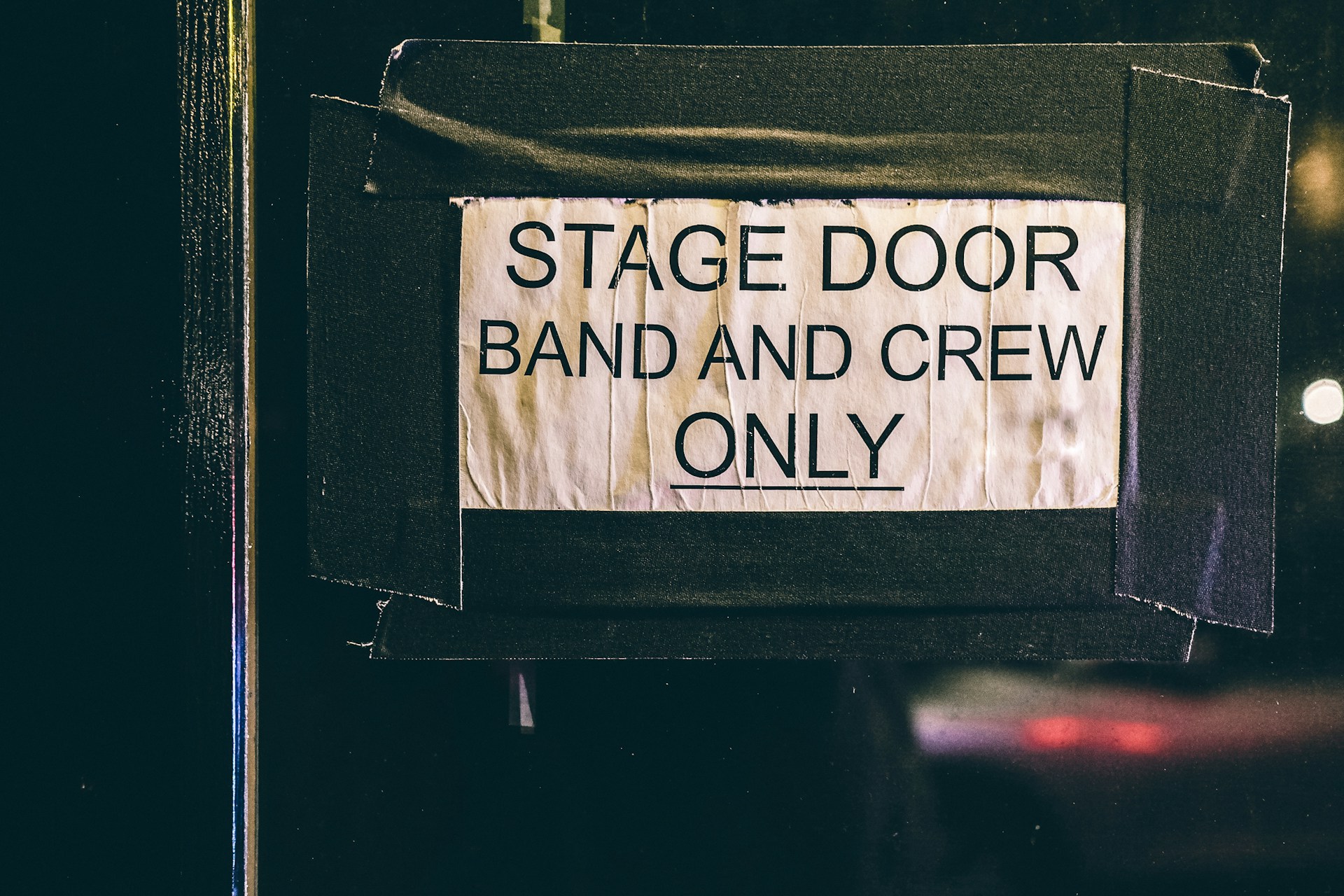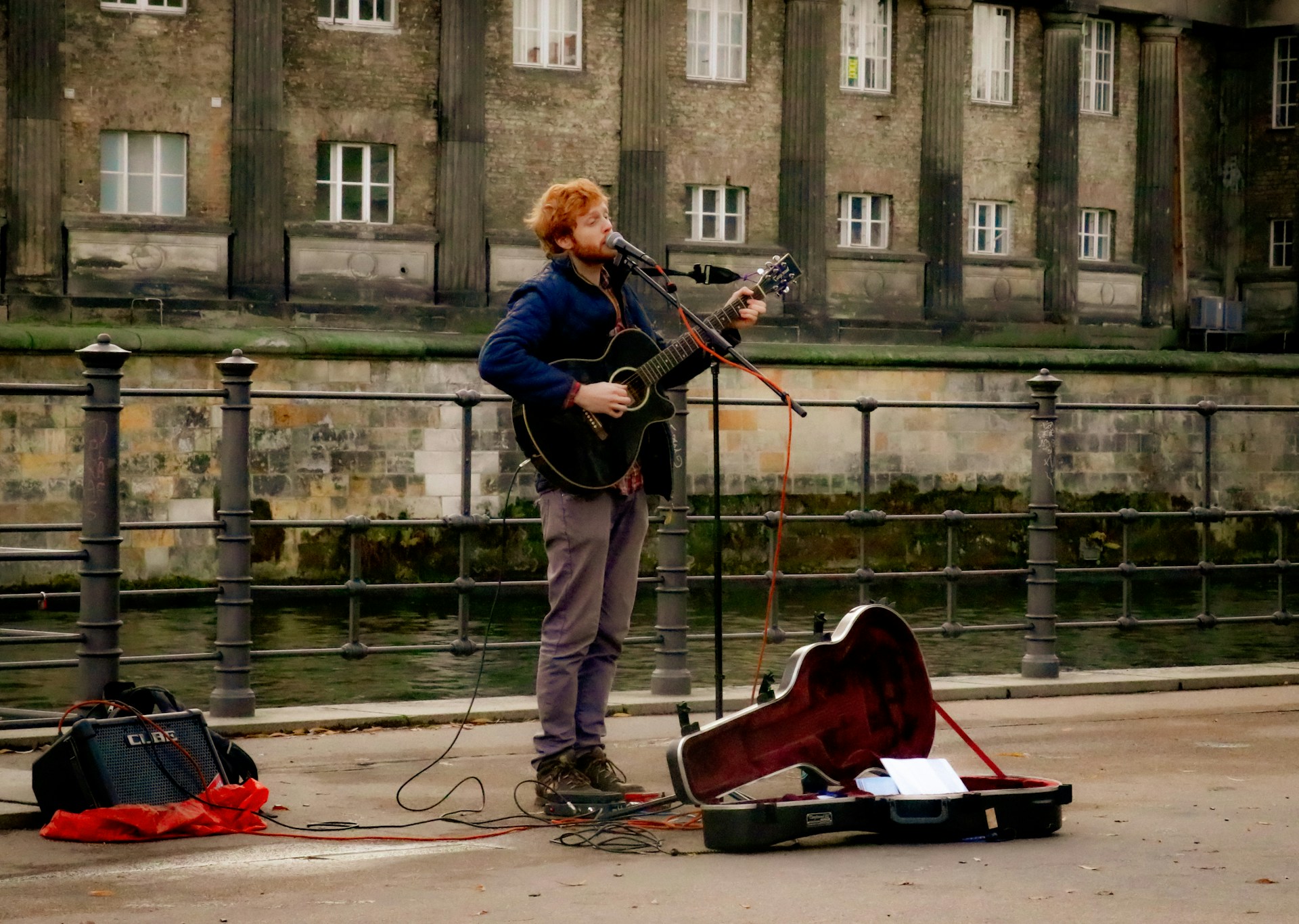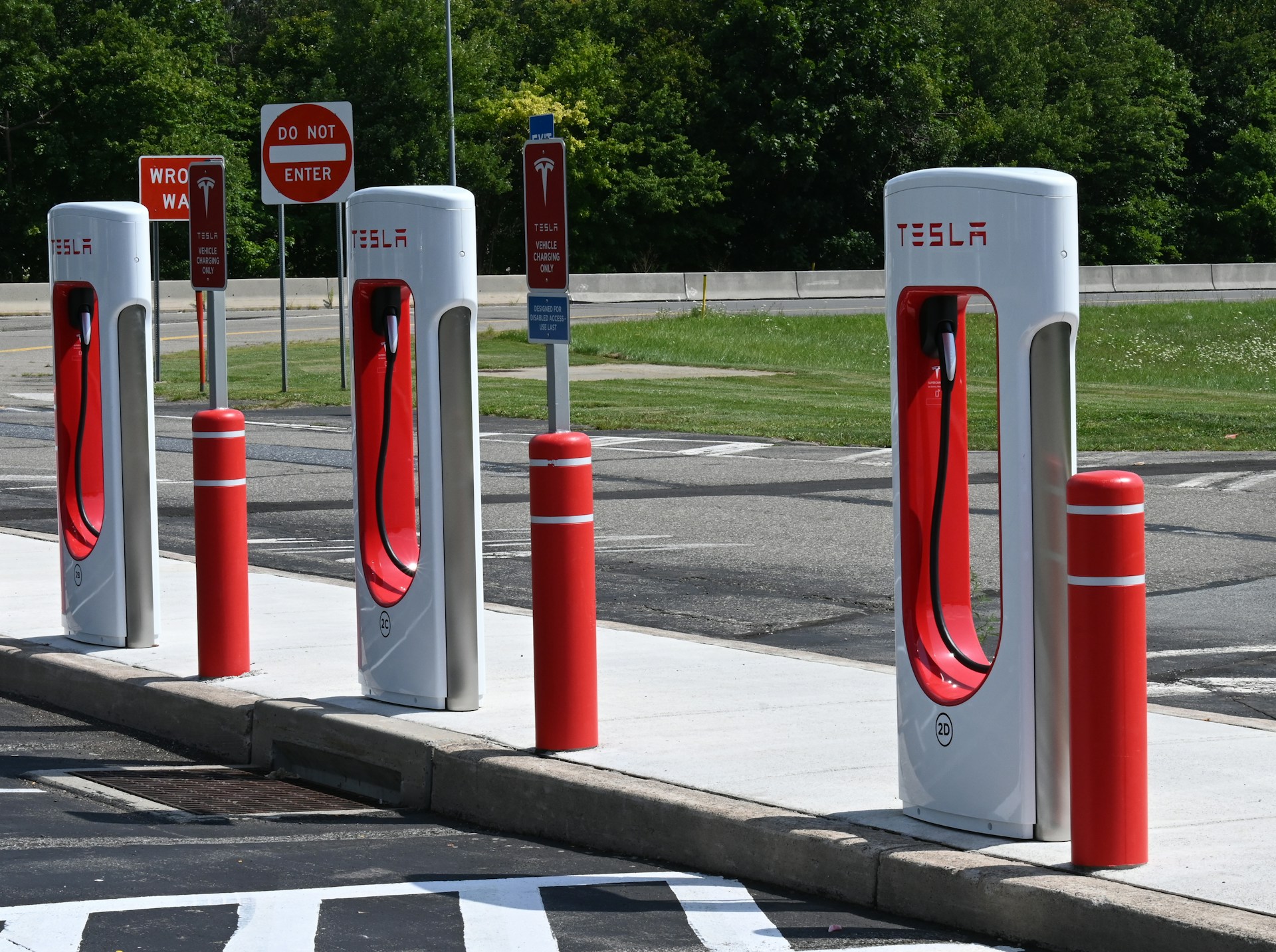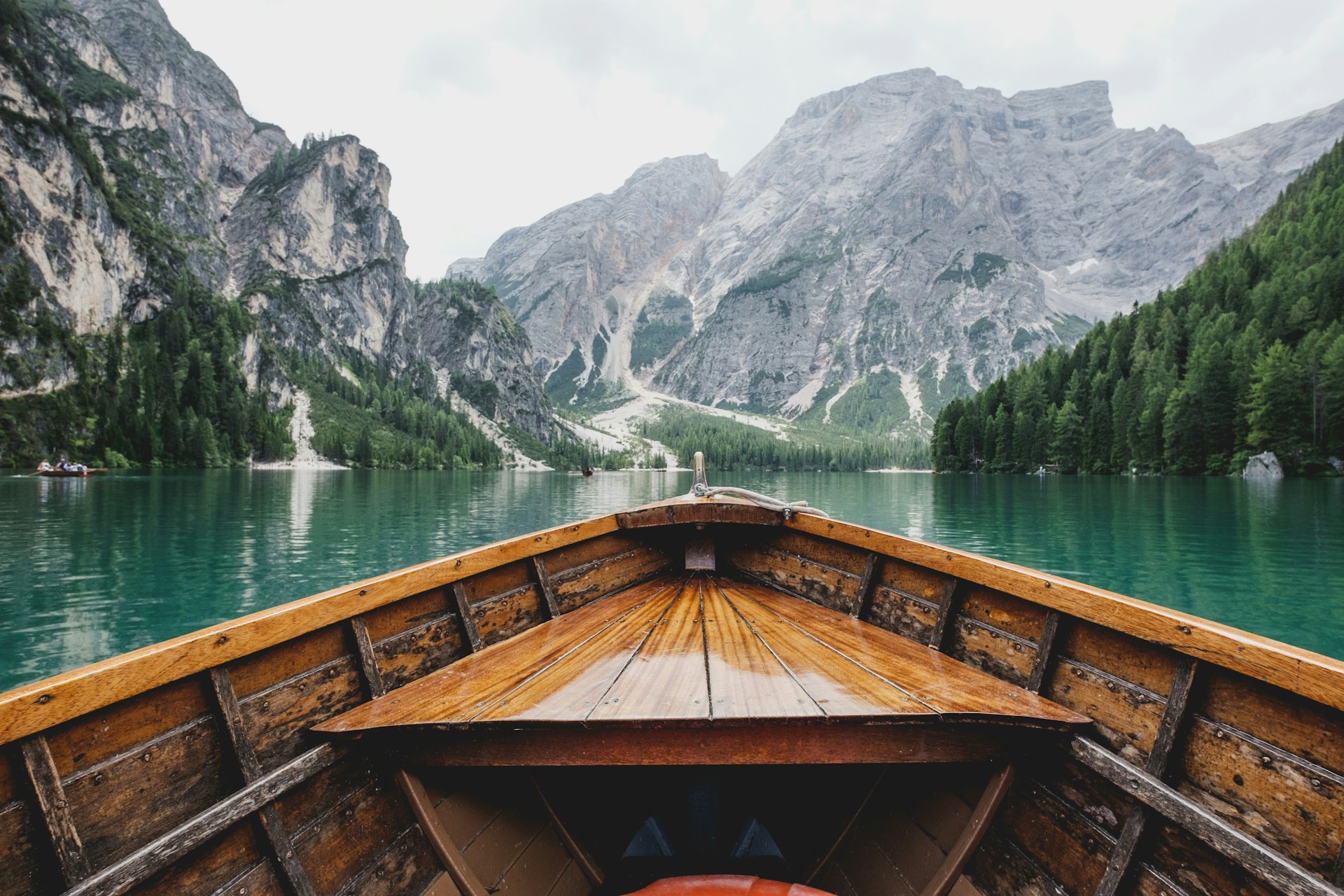How the world’s most powerful redefine luxury by choosing access, influence, and experiences over ownership. 211

You’ve probably noticed it. The quiet shift in how the world’s most powerful live. They aren’t flaunting as loudly as before, and they aren’t obsessed with owning everything under the sun. Instead, they’re curating, selecting, accessing. A private members’ club in London. A dinner you can’t buy your way into, only be invited. A jet that isn’t owned, but available whenever it’s needed. It raises the question: “Why do the elite care more about access than possession?”
The short answer? Because access is freedom. The long answer? Because ownership is heavy, but access is light — and in a world already saturated with abundance, exclusivity isn’t about what you hold, it’s about what doors open when you arrive.
For the elite, true wealth isn’t measured in square footage or luxury fleets. It’s measured in the circles you move within, and the experiences that money alone cannot unlock.
The Story Beneath the Shift
For centuries, power was synonymous with possession. Kings showcased gold and jewels. Industrial tycoons built sprawling estates to demonstrate control. Even in recent decades, celebrities flaunted cars, mansions, and wardrobes as if status was a showroom. But something is changing. Today, those who sit at the highest levels of influence are moving differently. They’re traveling lighter — not in style, but in attachment.
Why? Because ownership ties you down. It demands upkeep, attention, and display. Access, on the other hand, is fluid. It means you can enter, enjoy, and move on — without being chained to maintenance or permanence. The elite understand that real power is freedom of movement, freedom of time, and freedom of choice.
💡 What this means: - Luxury isn’t the yacht rusting in the harbor — it’s the invitation to step aboard whenever you wish. - Power isn’t stacking possessions, but being welcomed into the rooms where futures are decided. - Status today isn’t about ownership — it’s about access to what others can’t touch.
It’s not about having everything. It’s about having the right things, at the right time — and being among the few who ever could.
The Themes That Shine Through
Looking closer, this new definition of wealth reveals more than just a change in taste. It reflects deeper truths about how influence is earned and displayed in the modern world. Themes emerge like threads woven into a discreet tapestry:
- 🔑 Exclusivity as the new currency — Scarcity, not abundance, defines value.
- 🤝 Networks over net worth — Who you know outweighs what you own.
- 🌍 Global mobility — The true luxury is moving seamlessly across borders, cultures, and opportunities.
- 🕰️ Time as the ultimate wealth — The fewer demands tether you, the richer your moments become.
- ✨ Minimalism with influence — Owning less, but curating more meaning.
These elements turn modern privilege into something quieter, subtler — less a billboard, more a whisper. The power isn’t in being seen, but in being recognized.
Why It Resonates Today
We live in an era of endless consumerism. Luxury handbags can be bought on credit. Designer cars are leased. Social media is a constant parade of “look what I own.” Possession has been democratized. But exclusivity? That remains rare. That’s why the elite pivot. They aren’t competing in the crowded space of ownership — they’re retreating into the rarified space of access.
🛡️ Think about it this way: - Anyone can book a five-star hotel. Not everyone can access the off-menu dinner served to only twelve guests. - Anyone can buy a painting. Not everyone is invited to the private showing before the auction opens. - Anyone can wear a watch. Not everyone can wear the one that never went to market.
Exclusivity isn’t about shouting. It’s about being part of a story that only a few will ever be invited to live.
The Psychology Behind Exclusivity
This trend isn’t just about convenience. It speaks to human psychology — particularly at the top. Once basic needs, luxuries, and even excesses are met, what remains? Significance. Belonging. Influence. The elite crave what money alone can’t buy: the feeling of being set apart, chosen, trusted with entry into spaces that remain invisible to most.
Exclusivity creates identity. It signals not just what you can afford, but who you are allowed to be among. It transforms wealth from a possession into a passport — one stamped with access to conversations, connections, and experiences that shape the future.
How to Apply This Lesson
You don’t need to be a billionaire to live by the principle of access over ownership. You can weave this mindset into your life today. Here’s how:
- ✅ Invest in experiences, not clutter — the memories outlast the objects.
- ✅ Curate relationships — access often flows from trust, not cash.
- ✅ Protect your time — treat it as the rarest currency you have.
- ✅ Choose quality over quantity — whether in possessions or people, fewer and finer creates value.
- ✅ Ask yourself: Am I chasing ownership, or am I building access?
Final Thought: The Quiet Wealth of Access
The silent power of exclusivity lies not in the noise of accumulation, but in the calm of choice. It’s not about filling a mansion with art — it’s about being one of the few who step into the gallery the night before the unveiling. It’s not about owning every luxury — it’s about being trusted with entry where no ticket can be bought.
Because in the end, possessions fade, but experiences endure. Ownership rusts, but access evolves. And the elite know the quiet truth: the most valuable things in life are those few can enter, but none can truly own.
✨ For more reflections on ambition, influence, and the psychology of modern wealth, visit blog.mkpatu.com — where exclusivity isn’t just explained, it’s explored.
Was this post helpful?
Comments (0)
No comments yet. Be the first to comment!
Leave a Comment
Related Topics

Future of Remote Work: Tools & Trends for 2025
As remote work evolves from a temporary fix to a permanent reality, 2025 brings...

Is the Vagina Really Elastic? The Truth About Flexibility, F...
From childbirth to intimacy, the vagina adapts — but how far does its elasticity...

How to Make People Share Your Content Without Begging
Stop chasing shares. Start creating content that people can’t not send to their...

Ed Sheeran’s Eyes Closed: A Song About Grief, Healing, and H...
Why Sheeran’s ballad feels like both a goodbye and a love letter to memory.

The Millionaire's Addiction to Structure (and How It Creates...
While most chase flexibility, the wealthy chase systems — because real freedom d...






